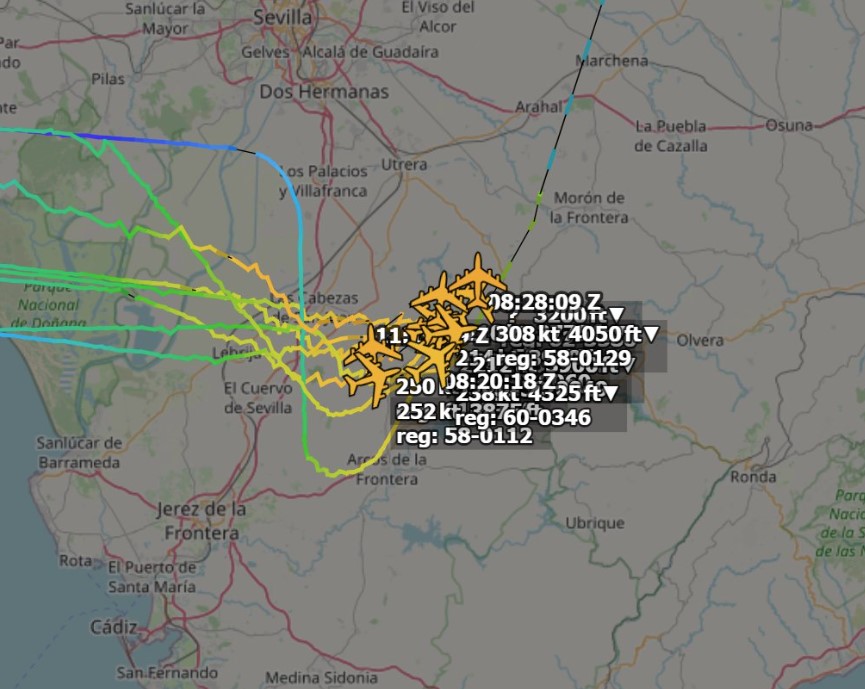The recent escalation of the conflict between Israel and Iran has far-reaching international implications, directly affecting Spain. Spanish Minister of Defense Margarita Robles confirmed on Wednesday the stationing of US refueling aircraft at the military bases of Rota (Cádiz) and Morón de la Frontera (Seville). This development raises important questions regarding Spain’s role and adherence to bilateral agreements.
Robles emphasized that the use of the bases by the United States always takes place within the framework of the existing agreement between the two countries and in accordance with the treaties. The bilateral defense agreement between Spain and the US authorizes Washington to station up to 15 refueling aircraft at Morón Air Base. This legal basis is crucial to underpin the legitimacy of the current presence while ensuring Spain’s sovereignty.
Why Refueling Aircraft? The Strategic Importance for the Middle East
According to BBC reports, the United States has deployed at least 30 KC-135 refueling aircraft in the last three days en route to air bases in Spain, England, and Scotland. These aircraft are critical as they significantly extend the range of fighter jets and bombers such as the F-16, F-22, and F-35. The Pentagon is thus intensifying its operations in the Middle East, where an aircraft carrier is also present. British Defense Minister Pete Hegseth stressed the “defensive” nature of this deployment. Military sources, however, stated that these aircraft were used to shoot down drones and projectiles with which Iran responded to the Israeli attacks that began last Friday. These divergent statements underscore the complex and sensitive nature of the current situation.
Threats and Political Reactions: The US in the Conflict
Washington has so far avoided direct involvement in the conflict, but rhetoric from the US leadership is intensifying. President Donald Trump threatened Iranian Supreme Leader Ali Khamenei on social media, calling him an “easy target.” Vice President J.D. Vance indicated that Trump “may decide that additional steps are needed to end Iranian [uranium] enrichment. That decision is ultimately up to the President,” he added. These statements suggest a possible further escalation and highlight the volatile political situation.
Spain’s Position: De-escalation and Political Control
Defense Minister Robles expressed the Spanish government’s greatest concern, emphasizing that the situation needs to be redirected and hopefully a peace agreement will be reached soon. This stance reflects the desire for rapid de-escalation.
The Podemos party has tabled a series of questions in the Spanish Congress to the government regarding the arrival of the refueling aircraft at Morón Air Base. They fear that these could be used as a “logistical stopover to support military operations” by the United States in favor of Israel. The party led by Ione Belarra wants to know whether the government “was aware of these operations and monitored their purpose.” This demonstrates the need for transparent communication and parliamentary control in such critical times. Spain strives to fulfill its international obligations while simultaneously safeguarding its national security and diplomatic efforts for peace.




